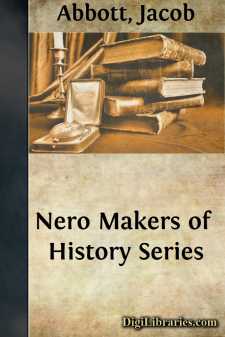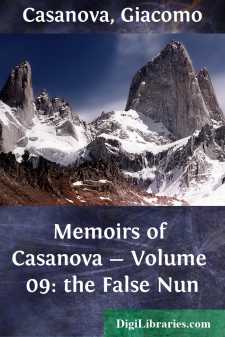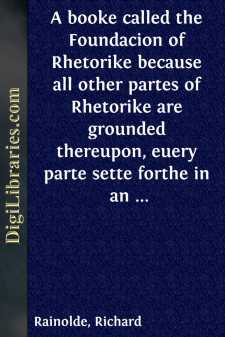Categories
- Antiques & Collectibles 13
- Architecture 36
- Art 48
- Bibles 22
- Biography & Autobiography 813
- Body, Mind & Spirit 142
- Business & Economics 28
- Children's Books 17
- Children's Fiction 14
- Computers 4
- Cooking 94
- Crafts & Hobbies 4
- Drama 346
- Education 46
- Family & Relationships 57
- Fiction 11829
- Games 19
- Gardening 17
- Health & Fitness 34
- History 1377
- House & Home 1
- Humor 147
- Juvenile Fiction 1873
- Juvenile Nonfiction 202
- Language Arts & Disciplines 88
- Law 16
- Literary Collections 686
- Literary Criticism 179
- Mathematics 13
- Medical 41
- Music 40
- Nature 179
- Non-Classifiable 1768
- Performing Arts 7
- Periodicals 1453
- Philosophy 64
- Photography 2
- Poetry 896
- Political Science 203
- Psychology 42
- Reference 154
- Religion 513
- Science 126
- Self-Help 84
- Social Science 81
- Sports & Recreation 34
- Study Aids 3
- Technology & Engineering 59
- Transportation 23
- Travel 463
- True Crime 29
Xerxes Makers of History
by: Jacob Abbott
Categories:
Description:
Excerpt
The Mother of Xerxes.
B.C. 522–484
Persian magnificence.The name of Xerxes is associated in the minds of men with the idea of the highest attainable elevation of human magnificence and grandeur. This monarch was the sovereign of the ancient Persian empire when it was at the height of its prosperity and power. It is probable, however, that his greatness and fame lose nothing by the manner in which his story comes down to us through the Greek historians. The Greeks conquered Xerxes, and, in relating his history, they magnify the wealth, the power, and the resources of his empire, by way of exalting the greatness and renown of their own exploits in subduing him.
The mother of Xerxes.Cambyses.
The mother of Xerxes was Atossa, a daughter of Cyrus the Great, who was the founder of the Persian empire. Cyrus was killed in Scythia, a wild and barbarous region lying north of the Black and Caspian Seas. His son Cambyses succeeded him.
Ambition and selfishness of kings.A kingdom, or an empire, was regarded, in ancient days, much in the light of an estate, which the sovereign held as a species of property, and which he was to manage mainly with a view to the promotion of his own personal aggrandizement and pleasure. A king or an emperor could have more palaces, more money, and more wives than other men; and if he was of an overbearing or ambitious spirit, he could march into his neighbors' territories, and after gratifying his love of adventure with various romantic exploits, and gaining great renown by his ferocious impetuosity in battle, he could end his expedition, perhaps, by adding his neighbors' palaces, and treasures, and wives to his own.
General influence exerted by great sovereigns upon the community.Divine Providence, however, the mysterious power that overrules all the passions and impulses of men, and brings extended and general good out of local and particular evil, has made the ambition and the selfishness of princes the great means of preserving order and government among men. These great ancient despots, for example, would not have been able to collect their revenues, or enlist their armies, or procure supplies for their campaigns, unless their dominions were under a regular and complete system of social organization, such as should allow all the industrial pursuits of commerce and of agriculture, throughout the mass of the community, to go regularly on. Thus absolute monarchs, however ambitious, and selfish, and domineering in their characters, have a strong personal interest in the establishment of order and of justice between man and man throughout all the regions which are under their sway. In fact, the greater their ambition, their selfishness, and their pride, the stronger will this interest be; for, just in proportion as order, industry, and internal tranquillity prevail in a country, just in that proportion can revenues be collected from it, and armies raised and maintained.
Labors of great conquerors.Cæsar.
Darius.
William the Conqueror.
Napoleon....






















